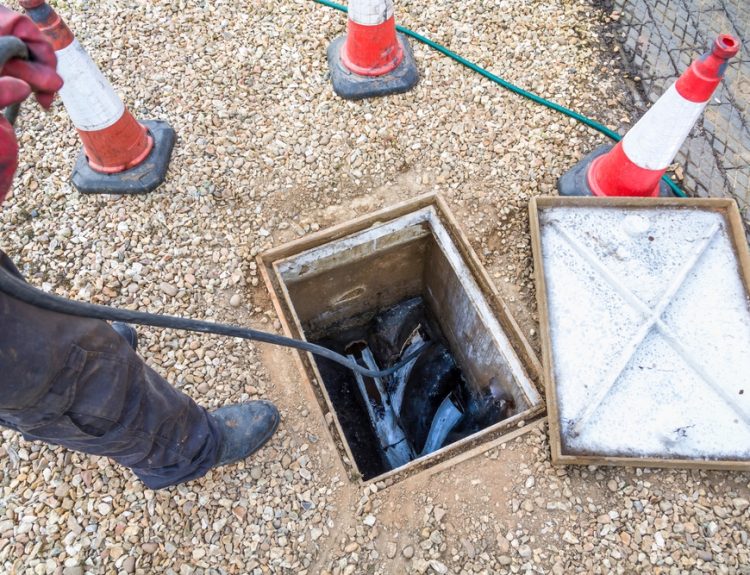Few businesses treat community work as a priority, but partnering with local initiatives can really help strengthen your brand and boost staff morale. By providing support to local communities, a business shows its commitment to being a part of that community. Businesses and their local areas need one another to be able to prosper. But it is important to go about it in the right way.
Without conducting proper research into what the community needs from you, there is a risk. Partnering with specific community groups and contributing to their work may not address the true issues the community faces; it may simply serve the agenda of that particular group. You need to conduct proper research to be able to identify areas where the community truly needs support, and put your efforts into groups that will help.
Identifying the key issues
The key lies in opening up a dialogue. You need to be asking the right questions and genuinely listening to what people want and how they want it.
A good place to start is local councils and charities. These people are likely to have a finger on the pulse of the community. They will know what is required to reach the people that are most in need. By developing relationships with these types of organisations, you can learn which groups to partner with and really have a positive impact on a local level.
How you can help
One of the best ways to make a contribution is to build volunteering time into the work schedule. This will enable you and your staff to apply your skills to make a contribution to the places where you live and work. This strengthens the connection between the business and the community it exists in.
Again, local charities are a great option. Through them, you could offer work experience or training opportunities to local young people. You could also hold a fundraiser, such as a company fun run, to enable your staff to feel engaged with local charities and causes.
It’s important to understand that there is no one-size-fits-all solution for working with local communities. Fundamentally, you must understand the community’s strengths, issues and opportunities. That way, you can partner with community groups to make a collective effort to find solutions to challenges.
Learn from others
Businesses can learn from one another to get an idea of how they could contribute. Take Timpson, for example specialises in the recruitment of marginalised groups to help cut reoffending rates.
Nemi Teas is another fantastic example, whose award-winning initiative to employ refugees for its pop-up tea stalls around London food festivals and events has had a huge impact. The refugees involved have been able to improve their English skills, gain confidence and develop work skills that could help them progress in the UK job market.
Providing opportunities for people who are disadvantaged in the local community is a powerful and worthwhile action. Some businesses have had tremendous success following this route, but it really depends on the needs of the community. You could offer free classes relating to your business, organise litter-picking drives, carry out clothing collections – the possibilities are endless.
The key is to learn what is needed in your local area.
Understanding your community
There are various things you can do to learn the real issues your community faces before choosing groups to work with. Conversations with different local charities will give you an idea of where there is a need. Local councils will have conducted their own research and worked with individuals and groups in need. You could even carry out your own surveys if you have the facility to do this.
One useful resource is the Business In The Community organisation. Their website is full of information and tools to help identify the right type of community work you can do and facilitate it effectively. You can become a member of the organisation but, as their website states:
“Membership is not just a badge, it is a public commitment.”
Final thoughts
That quote is a very good way to look at the whole concept of working with local groups to contribute to the community. Though you will have an idea on growing your business, you must also make a commitment to genuinely supporting your local community.
If you are invested in the efforts you make, you will achieve better outcomes which will ultimately help strengthen your business’ standing in the community. It all starts with doing the research and identifying those in need, so that you can choose where to place your efforts to do the most good.






